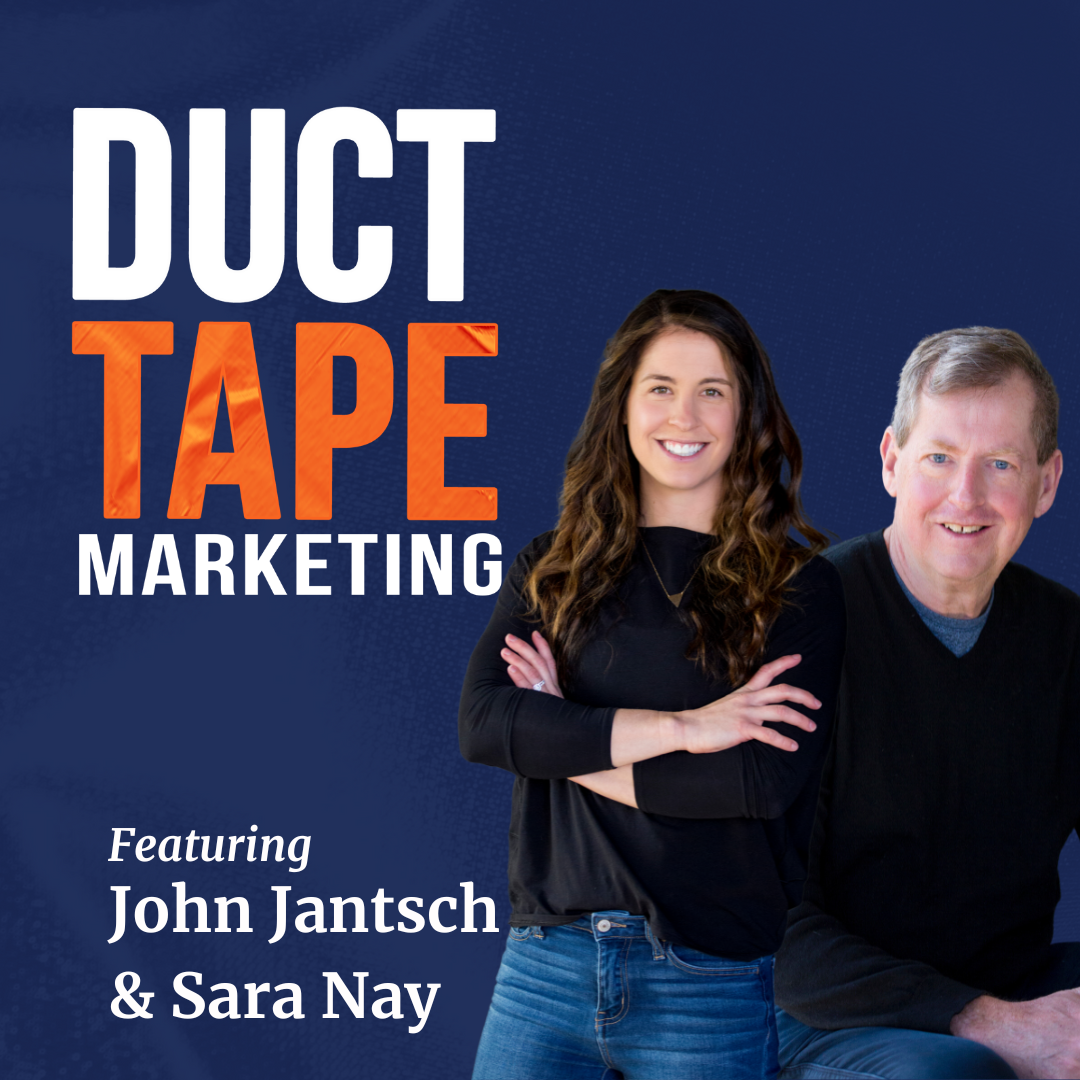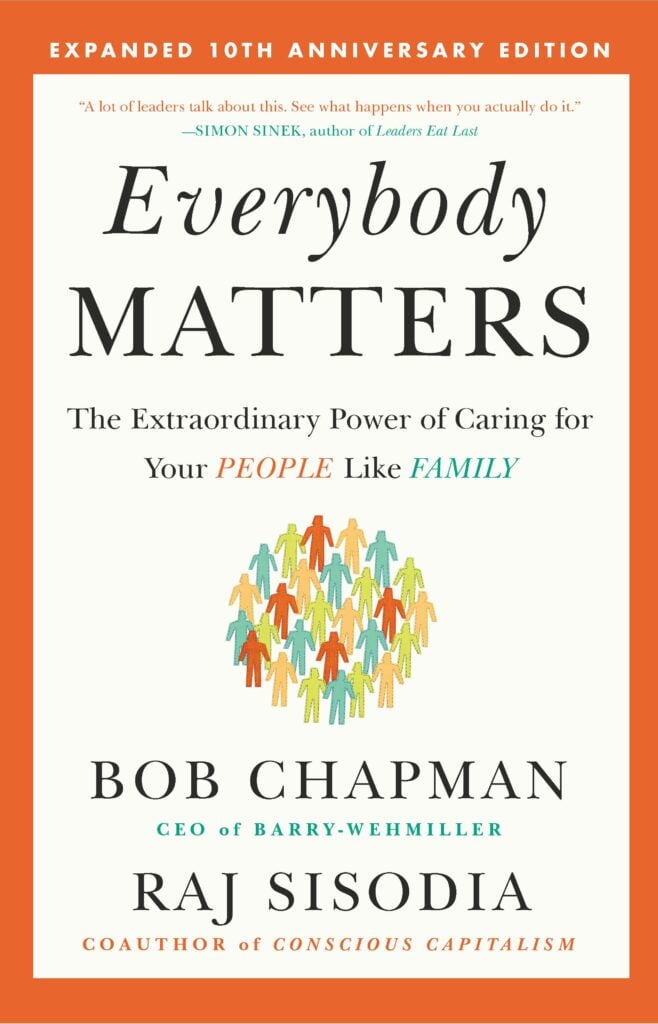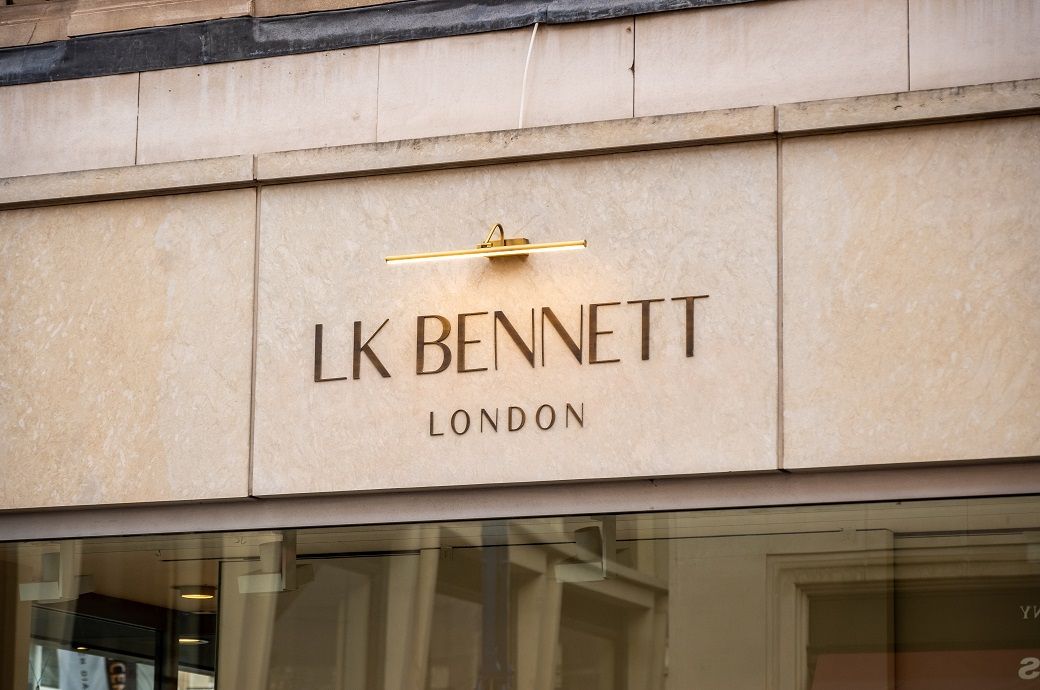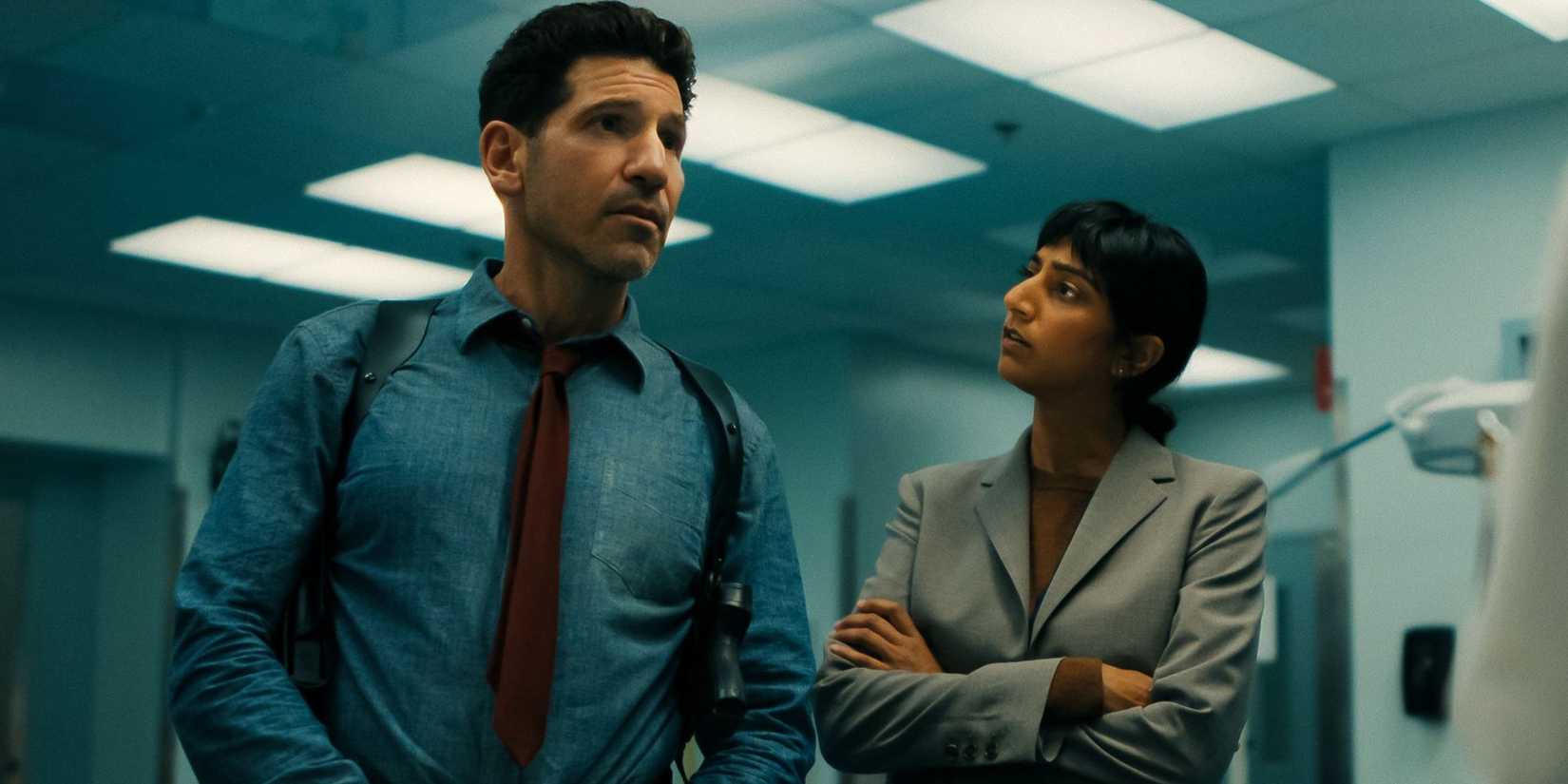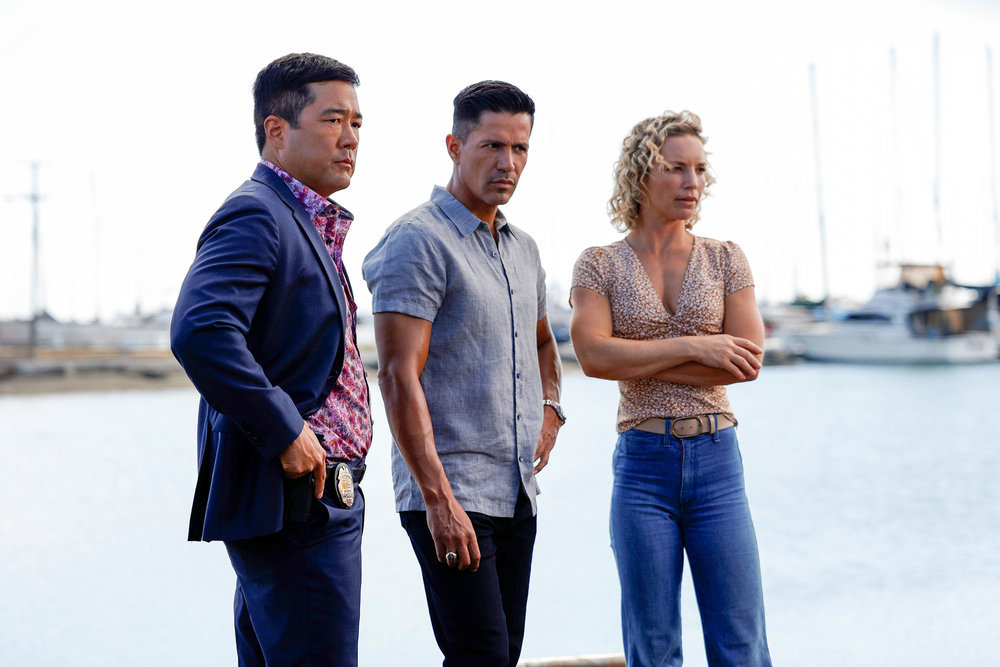[ad_1]
Partner relationships in our lives have very strong dynamics. They can make us feel strong emotions and adopt behaviors that are both positive and negative. That is why it is a topic that has concerned us many times during our lives. Healthy love can, on the one hand, give us joy and happiness and make us feel full. On the other hand, it can sometimes create negative emotions, as they are also part of everyday human life. Yet there is a thin dividing line that can turn a healthy love into a toxic one. Let’s see the differences and see how we can make things better.
Healthy and toxic love
In healthy relationships, there is acceptance of the peculiarity of our partner, as that peculiarity is what makes them unique. However, in toxic relationships, partners try to change each other so that they come closer to their own standards and molds. In other words, we want the other person to be as we have pictured them, projecting our desires and needs. However, the reason we fell in love in the first place was that our partner was just the way they were. In a healthy love, we often compromise and go into negotiations while the “leadership roles” alternate. At the same time, an effort is made to solve the problems. On the contrary, in a toxic love, there is the habit of blaming the other and using defensive or aggressive manipulations to make the other come to terms with our desires.
In healthy relationships, our mood does not completely depend on the other person’s mood, and there is autonomy. In contrast, in toxic relationships, there is an expectation that one will save the other.
Very important, too, is how in loving relationships we can enjoy the activities which we love, and on our own. When the relationship is not built on the right foundations, we often tend to be constantly with our partners, thus developing strong attachments. It is so nice to want to spend time with our partner, but still, if we insist on being together 24/7, probably something goes wrong.
In general, to recognize whether we are in a healthy or a toxic relationship, it is helpful to sit back and observe how we feel overall, “at the end of the day,” from that relationship. If the feelings of pleasure and comfort outweigh and we feel happy with the other person’s presence in our lives, this is a good sign indicating we are in a healthy relationship. But if the pain and the frustration outweigh? If the relationship has turned into a source of grief and frustration, then we probably are in a toxic relationship.
The road to creating healthy relationships
Investing in a relationship is important. It takes effort on both sides and proper, authentic and honest communication to express our needs. Thoughts and acts of love towards our partner and ourselves, even to a small extent daily, are almost necessary. This is important to be able to experience the benefits of being close to someone, to share part of our lives. It is also crucial to experience a “conscious dependence”, which always hides in the element of responsibility on our part. However, even if we identify that we are in a toxic relationship, it is never too late. We can take responsibility and recognize that we are responsible for satisfying ourselves. By building boundaries, self-esteem, and confidence, we can prevent a possible separation and seek the help of a professional. We can visit a specially trained third person who will help us build a healthier and more functional relationship. But still, separation is always better than a relationship, which brings out bad and unpleasant feelings. Starting to love ourselves more will make us love our partners more deeply. By accepting our flaws, we will also manage to accept our partner’s flaws.
Have you read?
How Pricing Can Drive Your Business by Mark Stiving.
Why Staying Active on LinkedIn Benefits Your Business — and How to Do It by Scott Scully.
Track Latest News Live on CEOWORLD magazine and get news updates from the United States and around the world.
The views expressed are those of the author and are not necessarily those of the CEOWORLD magazine.
Follow CEOWORLD magazine headlines on: Google News, LinkedIn, Twitter, and Facebook.
Thank you for supporting our journalism. Subscribe here.
For media queries, please contact: info@ceoworld.biz
[ad_2]
Original Source Link















